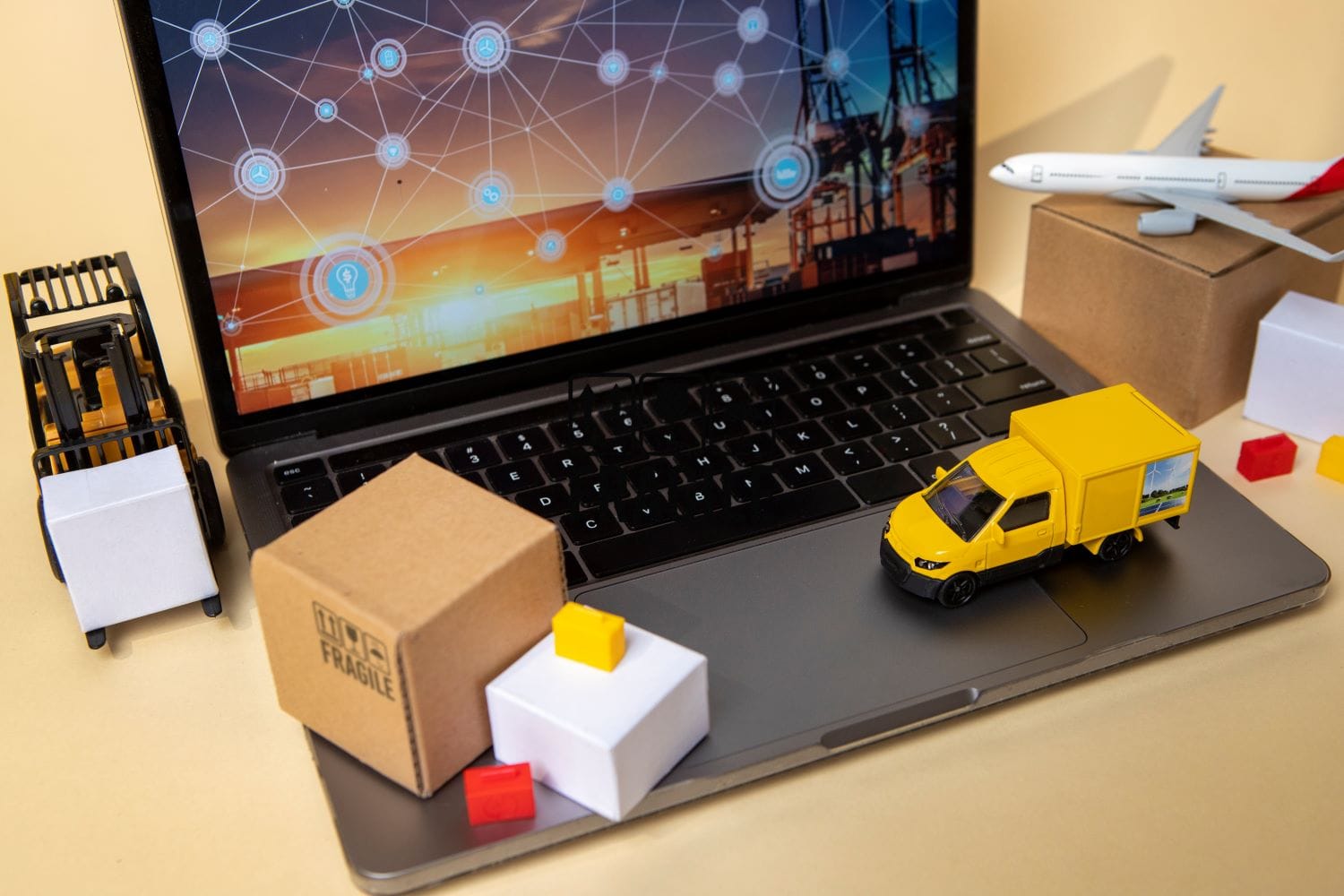Due to constant technological development, the logistics sector is in continuous evolution, and to compete in 2025, it will be necessary to adopt technological innovations, automation, and sustainable practices.
Digitalization and automation will be essential for optimizing processes and monitoring operations in real time, improving the agility and reliability of maritime transport services. The adoption of advanced technologies will also enable a rapid response to market needs, reducing inefficiencies and environmental impact.
Digital transformation, therefore, will become a key element to ensure competitiveness, fostering a more responsible and future-oriented logistics.
Simplification of Shipment Management
By 2025, the logistics sector will be transformed by the increasing s simplification of shipments, made possible through specialized digital platforms like Sendago.
These tools facilitate price comparisons for shipping, the selection of the best solution, and shipping directly from the interface, without intermediate steps.
For professionals, shipment management can be integrated directly into the sales platform, thereby optimizing time and operational costs. Another key advantage is centralized tracking, which allows for real-time monitoring of shipments within the same platform, eliminating the need to consult multiple websites.
eCommerce shipping automation will become a dominant trend that enables professionals and companies to increase their competitiveness and offer a fast and quality service to their customers.
Cybersecurity
Cyber threats have become much more sophisticated in recent years, leading many companies to increasingly worry about their digital security.
To address this situation, it will be crucial for companies to strengthen their cyber resilience by adopting various measures. Among these, it is of great importance to invest in advanced cybersecurity solutionsCybersecurity solutions are essential in the digital age…, as well as to provide adequate training for employees.
Adopting a risk-based approach to identify vulnerabilities and fostering a security-aware corporate culture can be crucial to better protect oneself and respond promptly to increasingly complex cyber threats.
Blockchain
Another trend that is already impacting logistics and will be even more present in 2025 is the use of blockchain. But what exactly does it entail?
In short, this term refers to a kind of perpetual ledger where information is recorded in “blocks”. Each block contains a specific group of data. When a new group of data is added, a new block is formed that will connect to the previous one, and so on.
The use of this particular technology offers great advantages, such as the immutability and integrity of transaction records. Therefore, even in the logistics sector, it is possible to respond to the need for secure documentation, meaning tamper-proof, in the supply chain, ensuring greater transparency and security.
By utilizing blockchain technology, logistics operators can access real-time, accurate information about the movement and status of goods. Lastly, smart contracts (that is, contracts that function through the use of blockchain technology) automate and simplify many aspects of logistics, such as customs clearance and the processing of payments.

